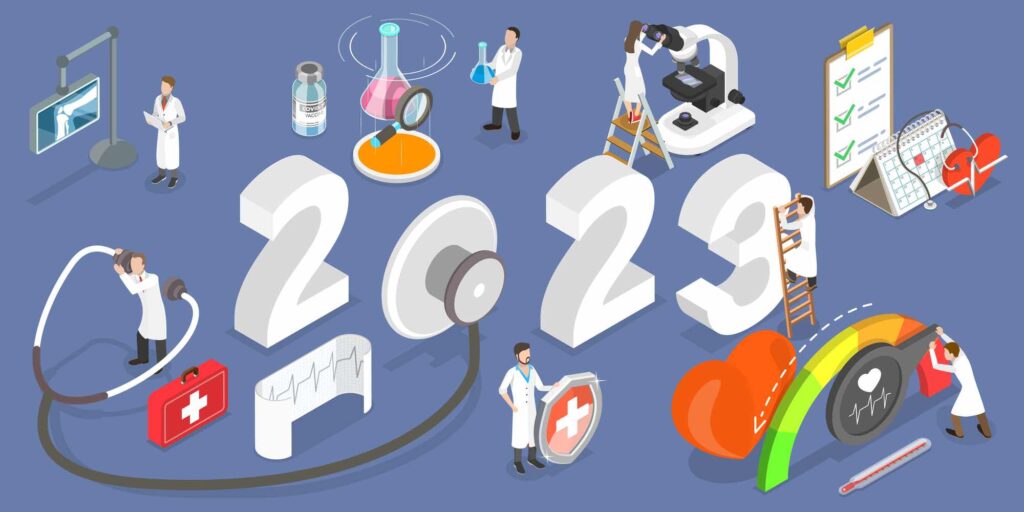
In the complex landscape of Electronic Health Record (EHR) migration, having a robust integration engine managed by an experienced integration team can be a game-changer for health systems. Integration engines like Cloverleaf, CorePoint, InterSystems, Mirth, Rhapsody, Jaguar, Qvera, and others play a pivotal role in streamlining data flows and connectivity. Here’s why taking advantage of these engines can significantly ease the challenges associated with transitioning to a new EHR and also reduce costs associated with other vendor contract updates.
1. Streamlined Connectivity Timelines:
- Having an integration engine already connected to downstream systems means a head start in the migration process. For instance, if your current EHR is sending Admission, Discharge, Transfer (ADT) messages and Orders to a Cardiology system, the workflow with the future EHR will likely perform the similar functions. This continuity significantly reduces the time spent on establishing new connections, as the connections between integration engine and the downstream system are already in place.
2. Cost-Efficiency and Resource Optimization:
- Integrating a new EHR is a resource-intensive process. Utilizing an existing integration engine not only saves time but also contributes to cost-efficiency. The ability to repurpose established connections minimizes the need for additional infrastructure setup, ultimately optimizing resources. Depending on the workflows, timelines, etc. it may not be necessary for the downstream system to create any new interfaces, since the engine could be leveraged to send test messages from the new EHR test environment and also the existing EHR test environment. This could help significantly reduce contract update costs with the downstream system vendors.
3. Consistency in Data Routing:
- When migrating EHRs, one of the challenges is rewriting existing interfaces. However, with an integration engine, you have the advantage of maintaining consistency in data routing. For example, even though the new EHR might require testing interfaces, your integration team can leverage the existing connections in the engine. This means that ADTs and Orders from the new EHR’s test environment can be seamlessly routed within the engine, eliminating the need for establishing new VPN tunnels or ports.
4. Optimizing Interface Reuse:
- Many EHR vendors may create new interfaces to accommodate the testing phase of the new system. However, having an integration engine allows for intelligent interface reuse. The engine allows your integration team to review existing interface modifications, mapping etc. and provides a head start for interfacing with the downstream system. Existing interfaces could be cloned and modified as needed based on the messages from the new EHR.
5. Flexibility in Testing Scenarios:
- The versatility of integration engines enables your team to adapt to various testing scenarios. Whether the new EHR necessitates specific configurations or adjustments, the integration engine provides the flexibility to handle diverse requirements without compromising on connectivity. Combining test automation with the engine can help clinical and IT teams test all possible scenarios without needing to take up valuable time from clinical resources.
Conclusion:
In the intricate landscape of EHR migration, the role of integration engines cannot be overstated. By leveraging the connectivity already established through these engines, health systems can navigate the migration process with greater efficiency, reduced timelines, and minimized disruptions. As technology evolves, integration engines stand as invaluable assets, ensuring seamless transitions and continuity in healthcare data management.
For over 15 years Tido Inc. has been partnering with health systems for EHR migrations and integration management. If you have any questions or need assistance with your health system’s ehr conversion, contact us today. We are here to support you in navigating the challenges of EMR migration and ensuring a smooth transition for your organization.


